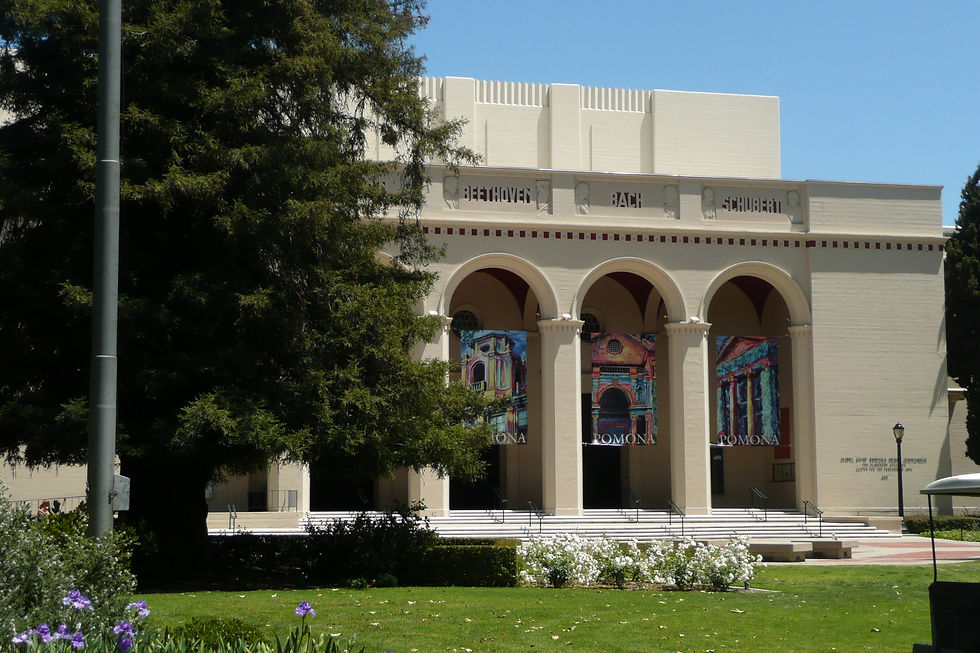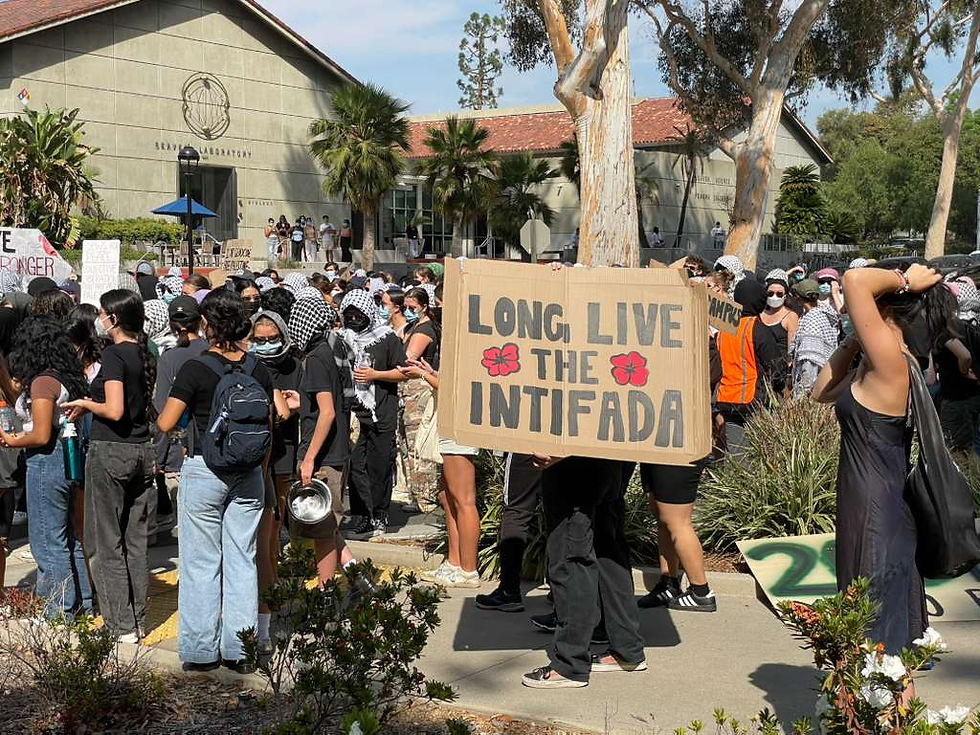Pomona Student Gov Backs Flexibility For Immunocompromised Students
- Anna Gersh

- Feb 18, 2022
- 2 min read

In an email sent to Pomona College students today, the Associated Students of Pomona College Senate (ASPC) announced their support for immunocompromised students seeking remote learning alternatives amid fears of the transmission of COVID-19 in the classroom. The statement followed the Associated Students of Claremont McKenna College’s (ASCMC) response to an online petition created by the Disability Community and Validating Relationships (DISCOVR) Club at the Claremont Colleges. The petition called for a remote learning option for disabled students.
ASPC supports student access to a larger offering of hybrid or remote learning alternatives for students with autoimmune diseases and/or others who have tested positive for COVID-19. They provided several suggestions for “[r]easonal alternatives,” which include “a livestream, one-on-one virtual meetings. . . or another method that best meets the needs of the student and capacity of the professor.”
Further, ASPC announced its commitment to supporting student-professor academic relationships during the return to in-person learning. It offered to mediate the dialogue between students and professors to find better solutions to hybrid learning, as “ASPC Executive Council…[is] more than willing to work with the student and their professors to arrive at solutions that best meet the needs of both parties.” It emphasized that the pandemic has posed unique challenges to students, faculty, and staff. It also urged “faculty to exercise a certain empathy and flexibility given the circumstances of the ongoing pandemic. A little goes a long way when it comes to making learning more accessible for all.”
ASPC acknowledged that, according to Pomona College data, there have been zero recorded cases of COVID that were transmitted in classrooms. Its email recognizes immunocompromised students’ hesitation to return to in-person instruction and the difficulty professors face in providing hybrid alternatives.
At the Claremont Colleges, professors are required to accommodate students who are unable to attend in-person classes due to COVID-related issues. However, the colleges have been slow to embrace the idea of an expanded hybrid option, as the transmission rate has remained low since the return to in-person instruction on January 31. The University of Pennsylvania, Cornell, Columbia, and Yale also delayed the start of in-person instruction and pursued online learning for the first two weeks. This approach was enforced to assess initial COVID transmission rates and did not have the intention of sustaining a permanent hybrid program.
Conversely, UCLA has embraced a flexible learning style, which better accommodates student absences. UCLA issued a statement that outlined its expectations for the flexible learning model: “Please know that your instructors are committed to accommodating students who can’t be in class for these reasons through video or audio streaming or recordings, makeup assignments and assessments, alternative projects, or other means.” Eighty percent of classes are currently taught in person. Classes that were approved for remote instruction before the start of winter break will continue to be taught remotely.
A college’s willingness to offer a hybrid option depends on the ability to transfer lecture-style or active-style classes onto online programs. It also depends on student demand in the face of declining COVID infections and transmission rates.
.png)



Comments